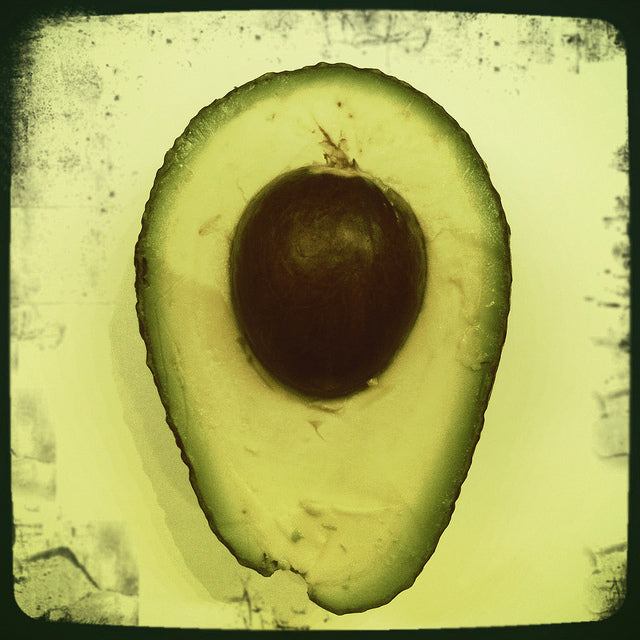Five Foods for Healthy Bones
February 17, 2015 2 min read

Bones need a variety of nutrients to be healthy. Most people think that guzzling milk or chowing down on lots of dairy products will make bones strong and healthy. Potential consequences of overdoing dairy include; increased risk of heart disease and maybe bones that are more fragile.
 The bones need a variety of foods that contain a range of nutrients. If our bones get an overdose of calcium without the helper nutrients our bones would be more brittle.
The bones need a variety of foods that contain a range of nutrients. If our bones get an overdose of calcium without the helper nutrients our bones would be more brittle.
Think of a piece of chalk. If you press the chalk from end to end, it has some strength, but if you add a low-force in the middle, from the side, it will easily break, because chalk does not have any flexibility.
The most common nutrient recognized for bone is calcium and second to that is vitamin D. Rarely do we hear about the importance of magnesium, vitamin C, potassium and other bone support nutrients.
Here are five foods that are good for our bones that we might not readily think of as necessary for bones:
- Olive oil –studies in vitro (lab) have shown that olive oil stimulates osteoblast cells (bone building cells)
- Raw pumpkin seeds –loaded with magnesium – should be a little plump when fresh and should not taste rancid.
- Apple Cider Vinegar –great for salad dressing and stimulating digestion. It is less acidic than other vinegars and better tolerated by most.
- Avocados – high in potassium and multiple other nutrients that are good for bone, and avocados are like velvet due to the high fat content that turns out to be healthy. Avocados are considered a fruit not a vegetable.
- Chia seeds –high in omega oil and proteins – you can add chia seeds to smoothies and salads. Don’t eat a tablespoon all at once, as they will swell up quickly in the mouth. Recently a young man wound up in the emergency room choking due to eating a mouthful of chia seeds.
Calcium is very important for our bones. 98% of the calcium in our body is stored in bones. What happens if we eat too much calcium? Most will be excreted in urine or through feces that can often result in chronic constipation.
Some of the excess will end up in bone and if it is excess that may not be a good thing – BALANCE is what is needed, which will be the topic of my next blog or, The Dose Makes The Poison.
Subscribe
Sign up to get the latest on sales, new releases and more …

